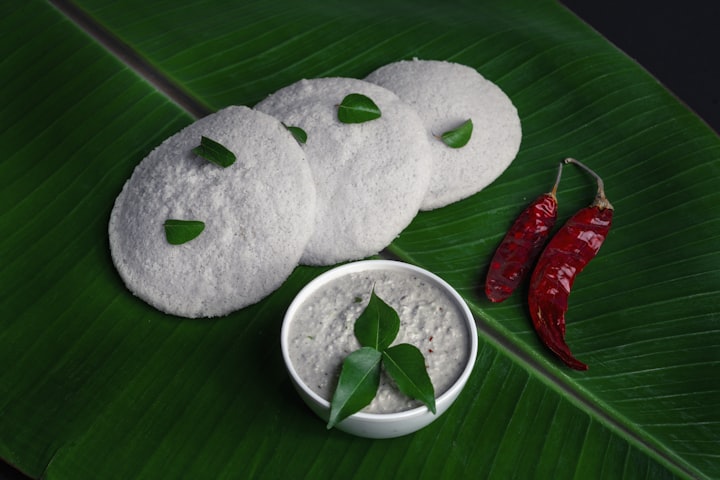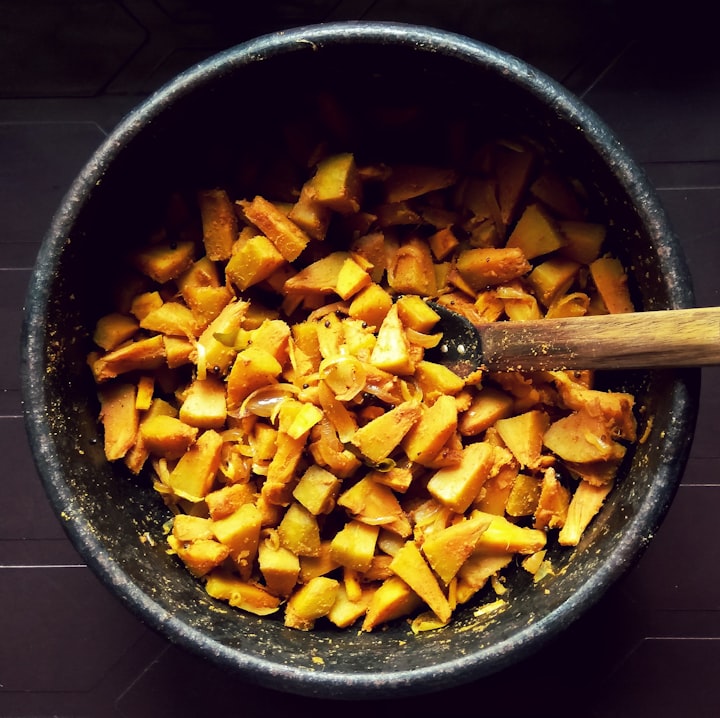Exploring the Essence of Kerala Cuisine: Key Ingredients that Define the Flavors of God's Own Country
Kerala Cuisine

Kerala, known as "God's Own Country," is not just celebrated for its picturesque landscapes and vibrant culture but also for its rich and diverse culinary heritage. At the heart of Kerala's gastronomic tradition lies a meticulous selection of key ingredients, each contributing to the tantalizing flavors and aromas that define its cuisine. In this article, we delve into the essence of Kerala cuisine by exploring the staple ingredients that form the backbone of its culinary creations—coconut, spices (like black pepper, cardamom, and turmeric), rice, seafood, and tropical fruits—and unravel their cultural significance and nutritional value.
Coconut: The Versatile Wonder
Central to Kerala's culinary identity is the coconut, often referred to as the "tree of life" due to its multifaceted uses. From its sweet, creamy flesh to its nutritious water and fragrant oil, every part of the coconut finds its way into Kerala's cooking. Coconut milk, extracted from grated coconut, forms the base of many iconic dishes such as avial, fish curry, and stew, imparting a rich, creamy texture and a subtle sweetness. Coconut oil, prized for its distinct flavor and health benefits, is the cooking medium of choice in Kerala, lending its aromatic essence to everything from stir-fries to deep-fried snacks. Moreover, grated coconut is used as a garnish, filling, or flavor enhancer in a wide array of dishes, showcasing its versatility and importance in Kerala's culinary repertoire.
Spices: A Symphony of Aromas
No discussion of Kerala cuisine is complete without acknowledging the pivotal role played by spices, which infuse each dish with a burst of flavor and aroma. Black pepper, known as the "king of spices," is native to Kerala and features prominently in both savory and sweet dishes, adding a warm, pungent kick. Cardamom, with its sweet, floral notes, is prized for its aromatic fragrance and is a key ingredient in desserts, chai, and savory dishes like biryani. Turmeric, revered for its vibrant color and medicinal properties, not only imparts a golden hue to curries and rice but also boasts anti-inflammatory and antioxidant benefits. These spices, along with others like cinnamon, cloves, and cumin, create a symphony of flavors that are emblematic of Kerala's culinary heritage, reflecting centuries of trade, cultural exchange, and culinary innovation.
Rice: The Staple Grain
As in many parts of South India, rice is the staple grain in Kerala and forms the foundation of most meals. Grown abundantly in the fertile paddy fields that dot the landscape, rice is consumed in various forms, from fluffy steamed rice served alongside curries to specialties like biryani, ghee rice, and appam. Rice also finds its way into traditional snacks and desserts, such as rice cakes (puttu), steamed rice dumplings (idiyappam), and sweet rice puddings (payasam). Beyond its culinary significance, rice holds cultural and ritual importance in Kerala, being an integral part of religious ceremonies, festivals, and auspicious occasions, symbolizing abundance, prosperity, and sustenance.
Seafood: Treasures from the Ocean
With its extensive coastline and network of backwaters, it's no surprise that seafood features prominently in Kerala cuisine. From succulent prawns and crab to flavorful fish like karimeen (pearl spot) and seer fish, Kerala's waters teem with a bounty of marine treasures that find their way onto dining tables across the state. Whether marinated in spices and grilled over an open flame, simmered in coconut milk and aromatic spices, or fried to golden perfection, seafood dishes in Kerala are a testament to the region's coastal heritage and culinary prowess. Moreover, seafood holds cultural significance in Kerala, being an integral part of traditional feasts, festivals, and celebrations, symbolizing abundance, hospitality, and communal sharing.
Tropical Fruits: Nature's Sweet Bounty
Kerala's tropical climate fosters the growth of an abundance of exotic fruits, each contributing its unique flavor and nutritional benefits to the local cuisine. From the succulent sweetness of mangoes and bananas to the tangy tartness of pineapples and passion fruits, Kerala's fruit offerings are as diverse as they are delicious. These fruits are not only enjoyed fresh but also find their way into various culinary creations, from refreshing juices and smoothies to decadent desserts and savory salads. Moreover, many tropical fruits in Kerala hold cultural significance and are used in religious rituals, traditional medicine, and festive offerings, underscoring their deep-rooted connection to the land and its people.
Conclusion: Celebrating Kerala's Culinary Heritage
In conclusion, the key ingredients that define Kerala cuisine—coconut, spices, rice, seafood, and tropical fruits—are not just mere components of dishes but pillars of a culinary tradition that is steeped in history, culture, and reverence for nature's bounty. Through their intricate flavors, vibrant colors, and myriad health benefits, these ingredients serve as a testament to Kerala's rich gastronomic heritage and its enduring legacy of culinary excellence. Whether enjoyed in the bustling streets of Kochi, the tranquil backwaters of Alleppey, or the comfort of one's own home, a taste of Kerala is a journey of discovery—a celebration of flavor, tradition, and the timeless magic of God's Own Country.
About the Creator
Shwet Prabha Baiswar
Hey there! I'm Shwet Prabha, your friendly neighborhood blogger. Dive into my world of words where curiosity meets content. Let's make this journey together—because every word counts! #BlogLife #ExploreWithMe






Comments
There are no comments for this story
Be the first to respond and start the conversation.